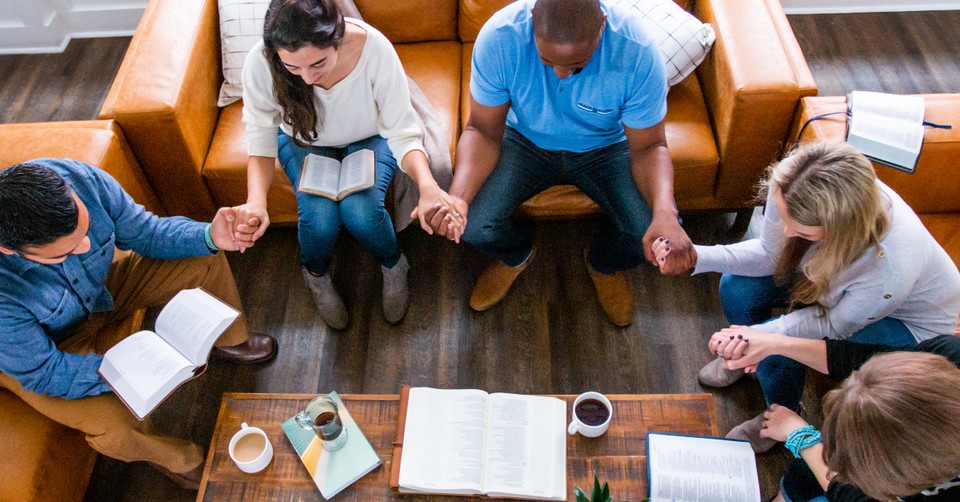Why Faith-Based Learning Matters
A 2020 report from the Council for American Private Education found that students enrolled in religious schools perform academically at a level roughly one year ahead of those in non-religious schools.
Faith-based education revolves around building moral and philosophical principles, which help establish a strong foundation for the children’s behaviours and ways of thinking that lead to a bright future.
Every parent wants to give their child the best, whether it’s a great education or a strong emotional foundation. As they support their kids’ well-being, many also see faith as an important part of growing up.
In this blog, you’ll find all the important info about faith-based education and why it could be a great choice for your children.
What are the Benefits of Faith-Based Education?
Faith-based school system promotes qualities like empathy, integrity, and respect, which are the primary keys for developing a strong personality. These are the benefits of faith-based education you should know:
– Stronger understanding of faith
Children can deepen their understanding of their beliefs and learn how to apply them in everything they do. The curriculum helps students see how faith connects to their studies, so they become more aware of its role in everyday life.
– Teaching students to apply faith for better life decisions
Students learn to approach different situations by putting their faith into practice. This way of thinking helps build a strong foundation of values, guiding them to make wise choices in all areas of life.
– Boosts confidence
The stronger someone’s faith grows, the more confident they become in God. It is possible because they realise their true self-worth is what God thinks of them, instead of what others are saying about them.
– Guiding students toward meaningful action
When faith and learning come together, students can find their true purpose. They see that education isn’t just about gaining knowledge, but it’s about using what they’ve learned to make a positive impact. That’s why many students get involved in volunteering and giving back to their communities.
– Embracing faith and differences in daily life
Through faith-based education, students develop an understanding of universal values and moral principles. They learn not only to embrace their faith but also to respect the diversity around them. This helps them practice their beliefs thoughtfully and ethically in everyday life.
The Integration of Faith and Learning
Faith-based institutions have a special approach to include religious teachings in their school programs. Below, you can discover how they add this value to the teaching materials and other activities at school.
1. Class topics
Relevant scriptural texts are included in class. For instance, they teach the students to look into the role of faith in historical moments. With this approach, the students can understand how faith has a great influence on everything. Moreover, it also encourages the children to apply their beliefs to everyday challenges.
2. Extracurricular programs
Students tend to engage more when they can pick extracurriculars they’re passionate about. Faith-based schools recognise this and create clubs that make faith-building enjoyable and meaningful. These clubs offer an encouraging atmosphere in which children can interact with their friends and participate in meaningful conversations and projects related to their interests and religious teachings.
3. Serving opportunities
Catholic schools in New South Wales, including St Mary’s Young Primary School, offer valuable opportunities to help students develop a well-balanced life, where students have the opportunity to serve their communities.
This school system allows students to dedicate their time to serve those around them through programs like mission trips and volunteer work. As a result, the children can have a better understanding of the importance of making a positive contribution to society.
4. A positive and supportive atmosphere
Both teachers and staff create a supportive and enjoyable learning environment that encourages students to pursue a more comprehensive knowledge of their faith, such as providing counselling and mentoring sessions. These activities ensure that the students receive the support they need in academic, emotional, and spiritual areas.
The Catholic education system provides personalised support to help students overcome both academic and religious challenges, helping them to achieve success in every aspect of their lives.
Choosing the Best School for Your Children
Many schools include faith-based programs in their curriculum, so it’s important to choose one that supports your child’s faith and helps them truly understand their religious values.
When exploring options, look for a school known for positively shaping students’ lives through faith-based principles. Such a school focuses on academic achievement while also nurturing your child’s spiritual growth, character development, and sense of community.
This holistic approach helps students build a strong foundation that guides them well beyond the classroom, preparing them for life’s challenges with confidence and integrity.
Conclusion
Faith-based education teaches students to navigate a moral compass according to religious principles. Adopting a faith-based learning approach for your children is advantageous due to its comprehensive learning framework.
It is an approach that offers valuable knowledge and experiences that can establish a firm foundation of faith and form a profound connection with one another. If you’re a parent looking for the right faith-based school for your child, start by researching potential options and reaching out with any questions you have.
It’s also helpful to check honest reviews from other parents and students on the school’s website or even ask them directly to hear firsthand experiences and get a better idea of what daily life at the school is really like.








